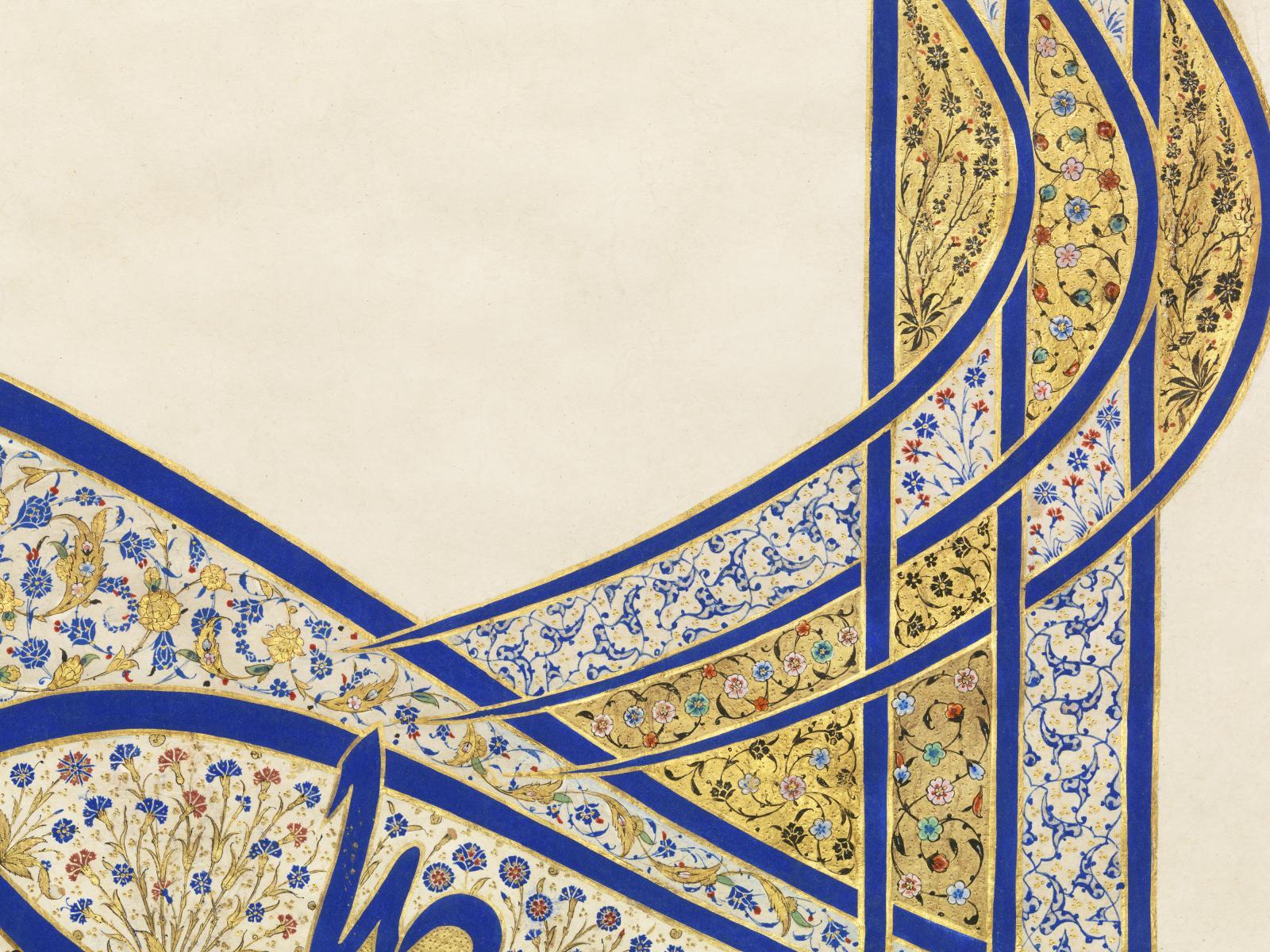
How can the shared textual traditions of the Persianate offer an alternative model to the framework of comparison rooted in European national literatures? What happened to the interconnected, multilingual Persianate zone and its shared intellectual vocabulary in the wake of modern literature? How did the politics of disaffiliation and national distinction shape literary form and language ideology in the Persianate long nineteenth century?
How to Join, Date, and Time:
Registration is required to attend on Zoom.
Jan. 28th, 2022 | 10:00am-5:00pm (PT)
About the Symposium:
"Is There a Persianate Modernity?" was originally planned to take place on Jan. 28, 2022 as a mostly in-person event integrating hybrid components, such as virtual presentations from speakers. The symposium has chosen to move online, and in doing so is now open to the broader public. We encourage you to attend the virtual presentations and discussions on Zoom, which you can preview through the linked Symposium Program, which is also screenreader accessible if you choose to download.
The symposium features emerging literary scholarship working across and beyond the framework of national literature in order to examine the histories of literary modernity that took place under different names and yet drew on shared vocabulary across the Persianate world around the turn of the twentieth century. The past decade has witnessed the emergence of a growing conversation around the ‘Persianate world,’ an expanse of Eurasia defined by shared Persian aesthetic, literary, and moral forms (adab) which served as a field of connection and exchange from roughly the ninth to the nineteenth centuries. Some have conceived of the Persianate as a zone of connectivity tied to the cultural/literary capital of Persian language, while others have taken adab and a shared Persian literary canon to be the locus of the Persianate.
Bringing together scholars working across Persian, Arabic, Ottoman Turkish, Urdu, Armenian, and other languages, this symposium moves the conversation around the Persianate forward in time to address questions of literary modernity. How can the shared textual traditions of the Persianate offer an alternative model to the framework of comparison rooted in European national literatures? What happened to the interconnected, multilingual Persianate zone and its shared intellectual vocabulary in the wake of modern literature? How did the politics of disaffiliation and national distinction shape literary form and language ideology in the Persianate long nineteenth century?
Organizers:
Mehtap Özdemir (Postdoctoral Fellow, Universit di Bologna)
Maryam Fatima (Comparative Literature, University of Massachusetts, Amherst)
Alexander Jabbari (Persian Language & Literature, University of Oklahoma)
Aria Fani (Persian & Iranian Studies, UW)
Speakers and Discussants:
Andrew Amstutz (Modern South Asian History, University of Arkansas at Little Rock)
Fatima Burney (English, University of California, Merced)
Jennifer Dubrow (Asian Languages & Literatures, UW)
Aria Fani (Persian & Iranian Studies, UW)
Maryam Fatima (Comparative Literature, University of Massachusetts, Amherst)
Purnima Dhavan (History, UW)
Samuel Hodgkin (Comparative Literature, Yale University)
Alexander Jabbari (Persian Language & Literature, University of Oklahoma)
Sam Kigar (Religion, Spirituality & Science, University of Puget Sound)
Selim Kuru (Near Eastern Languages & Civilization, UW)
Mehtap Özdemir (Postdoctoral Fellow, Università di Bologna)
Levi Thompson (Persian & Arabic, University of Texas, Austin)
Event Co-Sponsors:
Persian & Iranian Studies Program in the Department of Near Eastern Languages & Civilization and the Humanities Division, College of Arts and Sciences
View the Full Symposium Program
C.R. Grimmer (she/they)
C. R. Grimmer is a poet and scholar from Southeast Michigan's Metro-Detroit area. C. R. received their Ph.D. in Literature and Cultural Studies at the University of Washington (UW) as well as their M.F.A. in Creative Writing and M.A. in English Literature at Portland State University (PSU). They are the author of The Lyme Letters, which won the Walt McDonald First Book Award from Texas Tech University Press.
